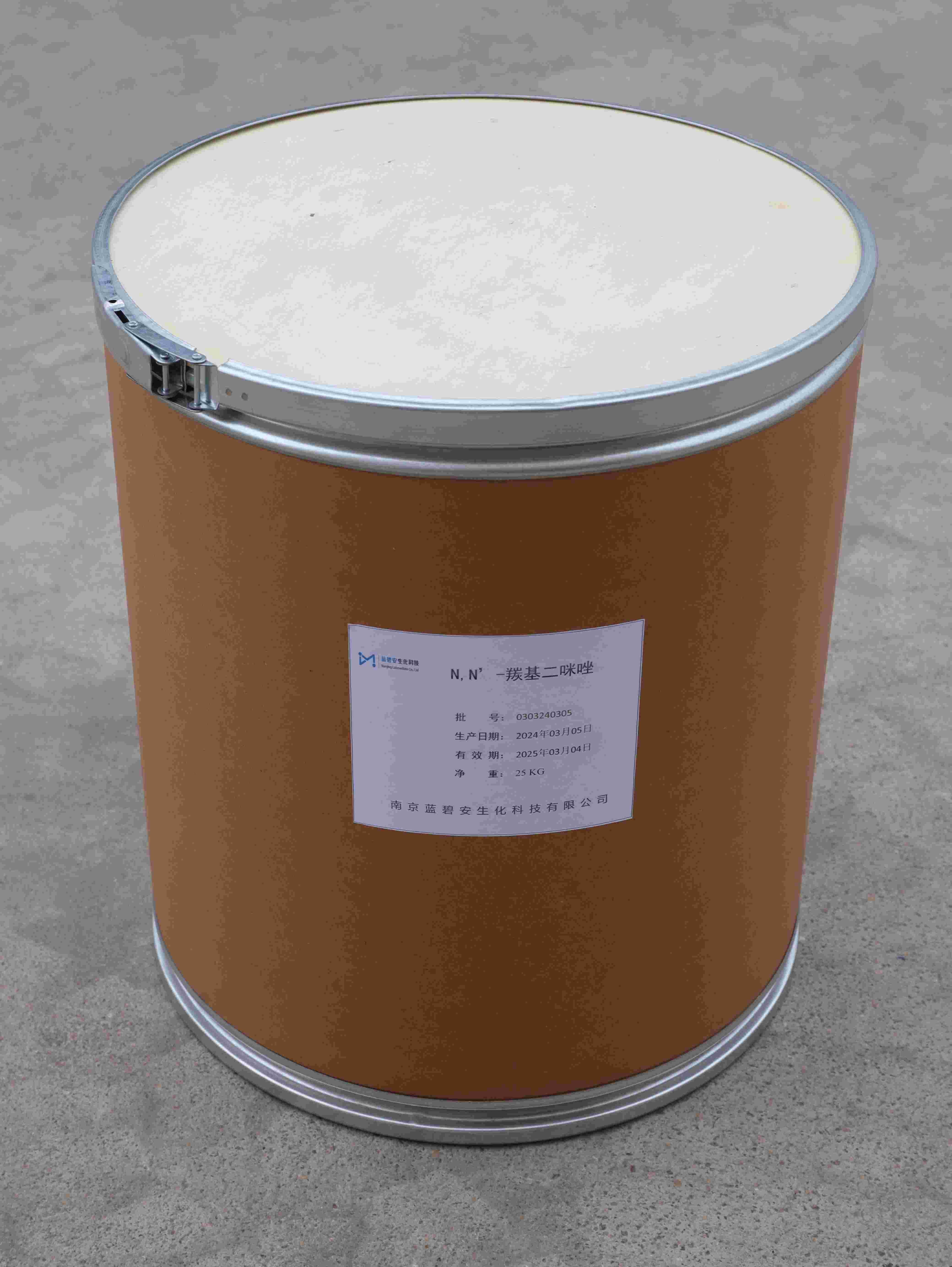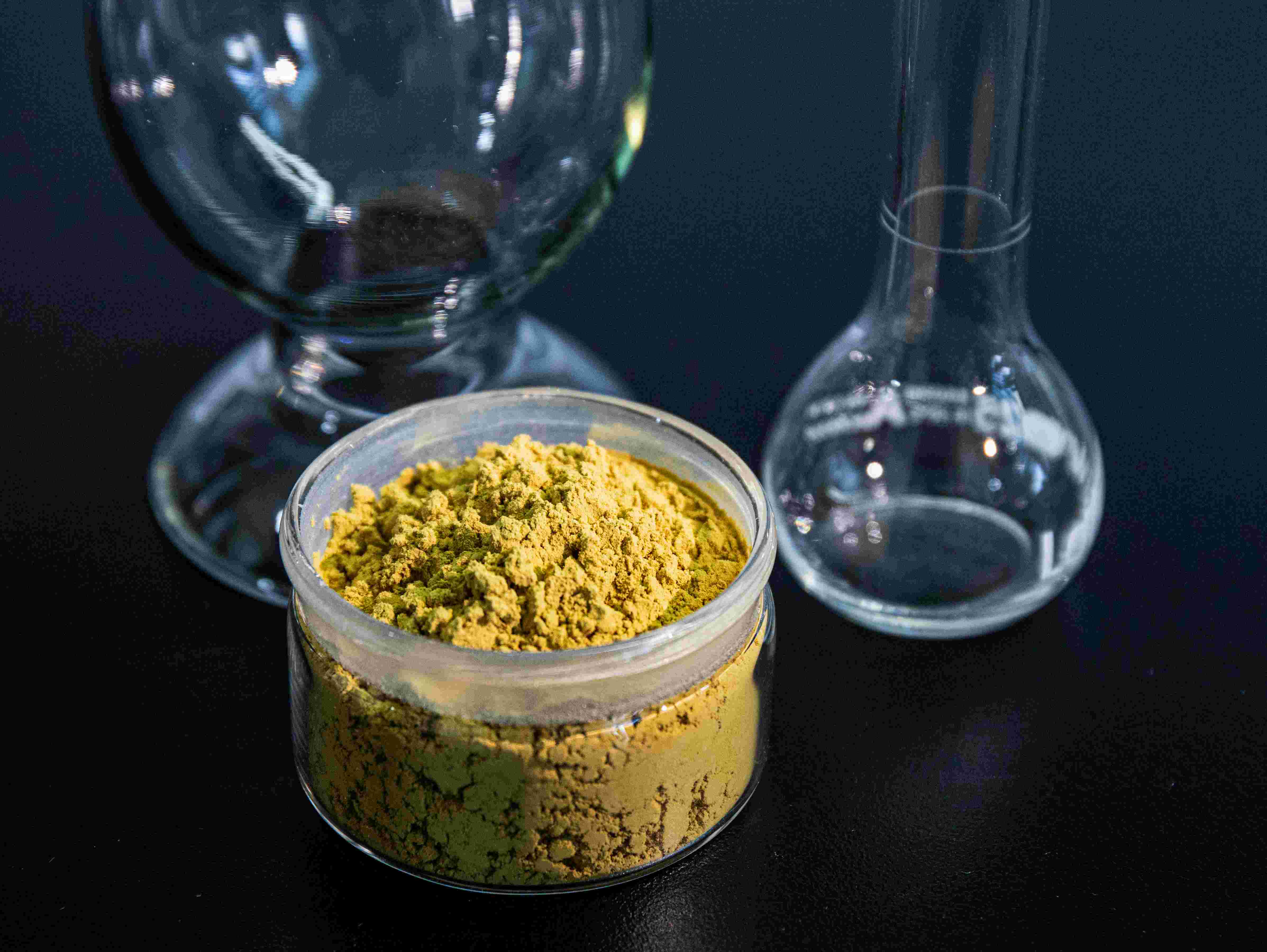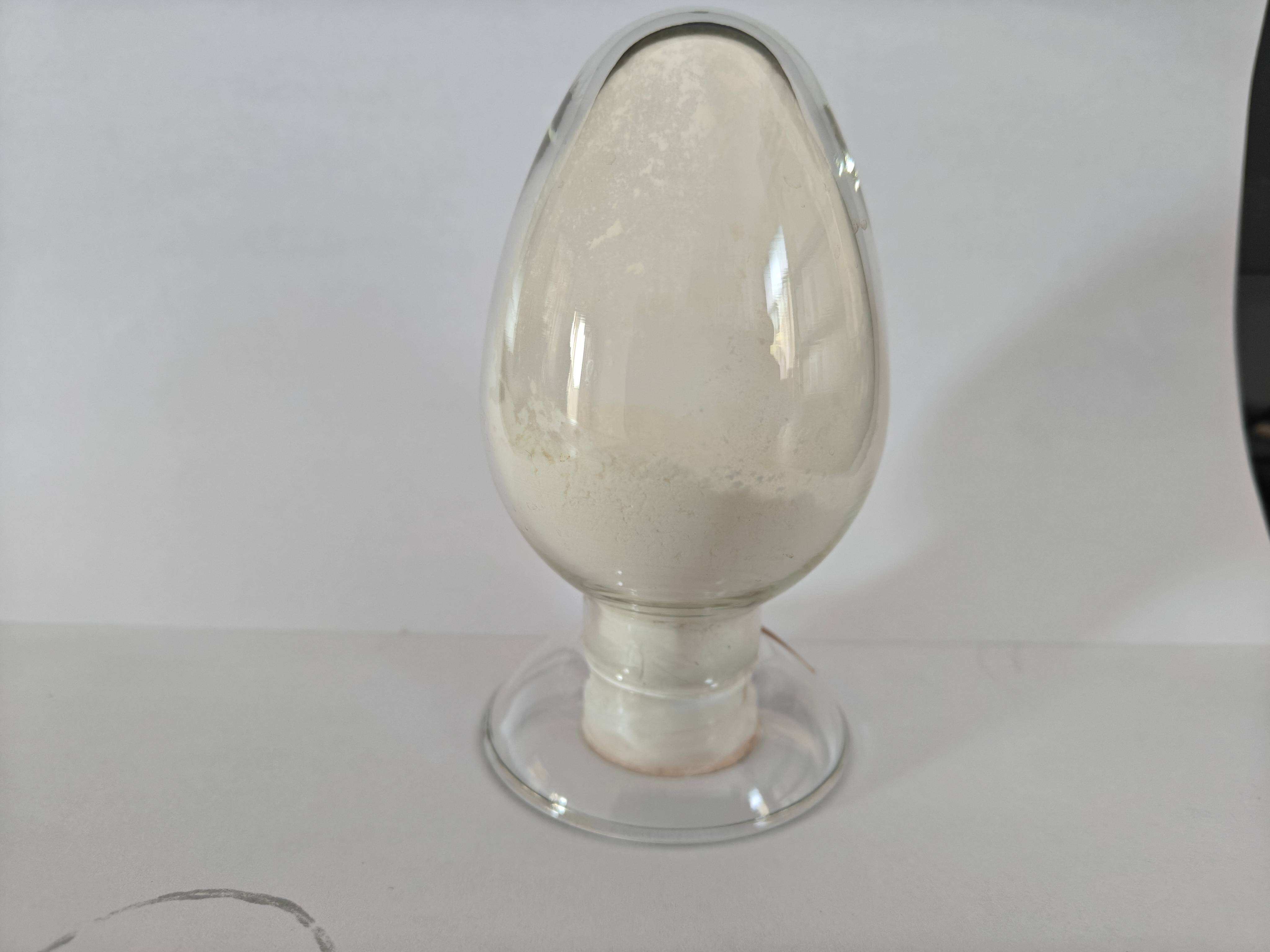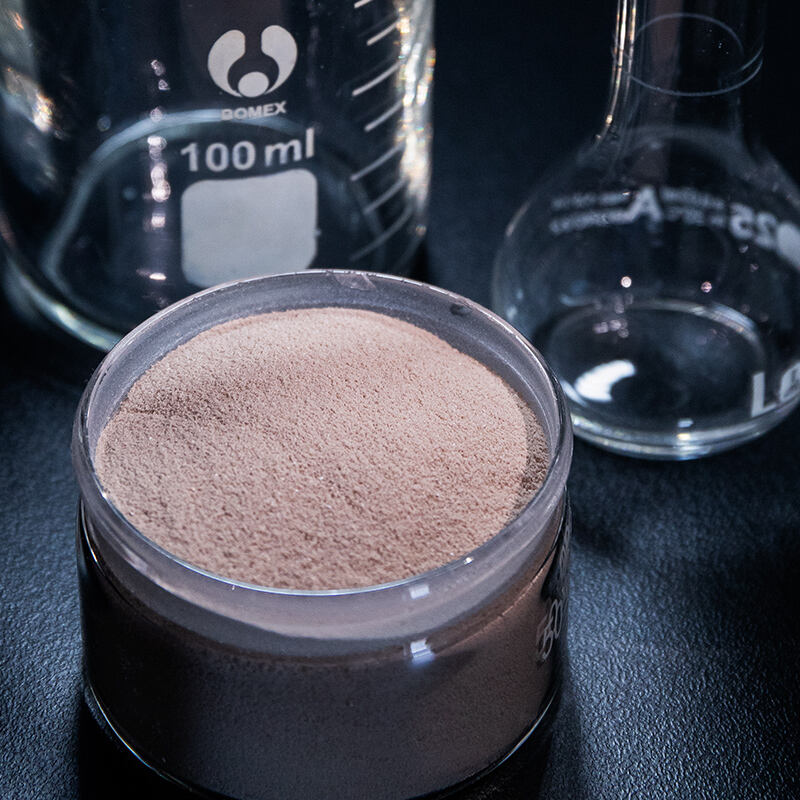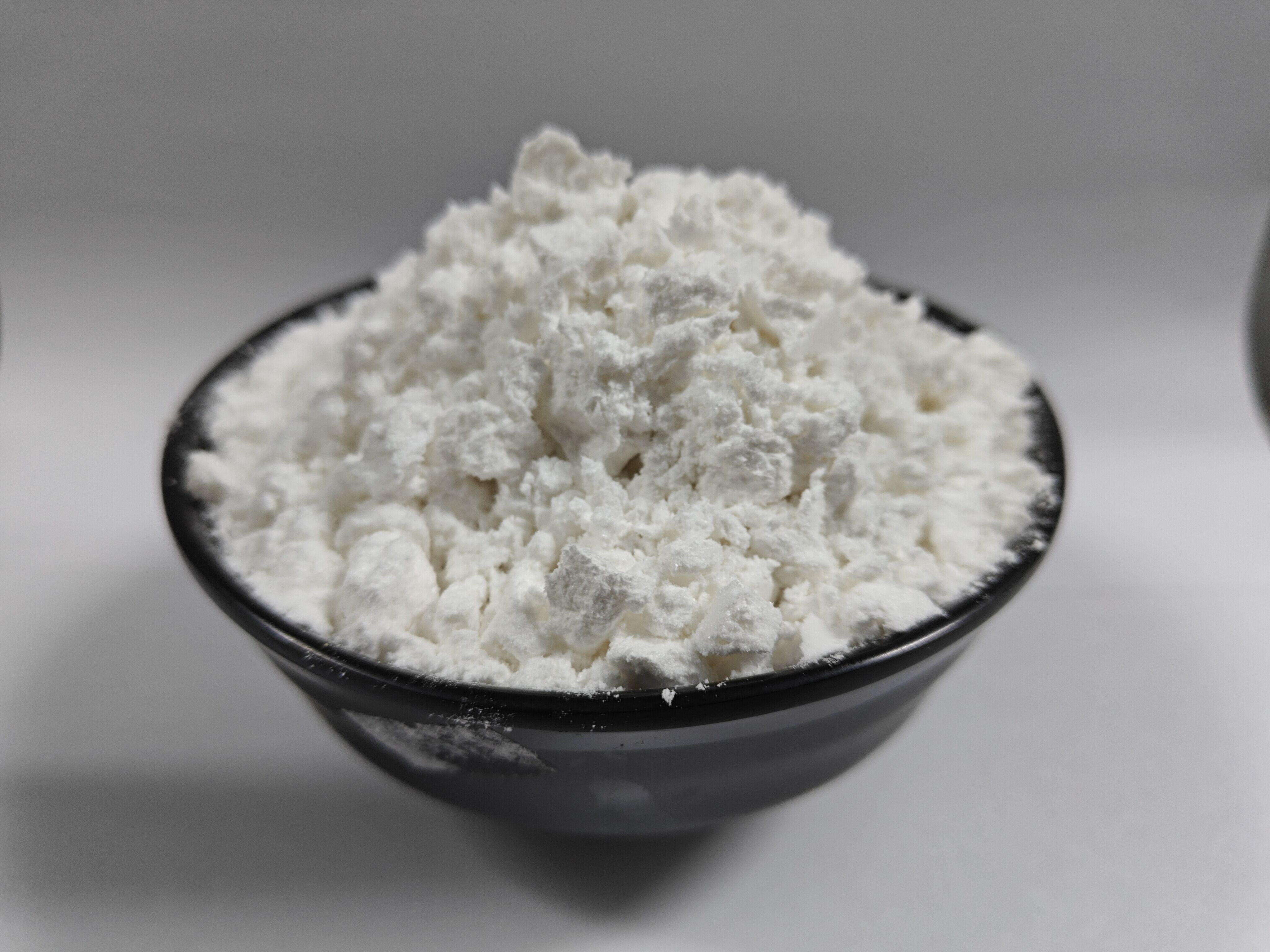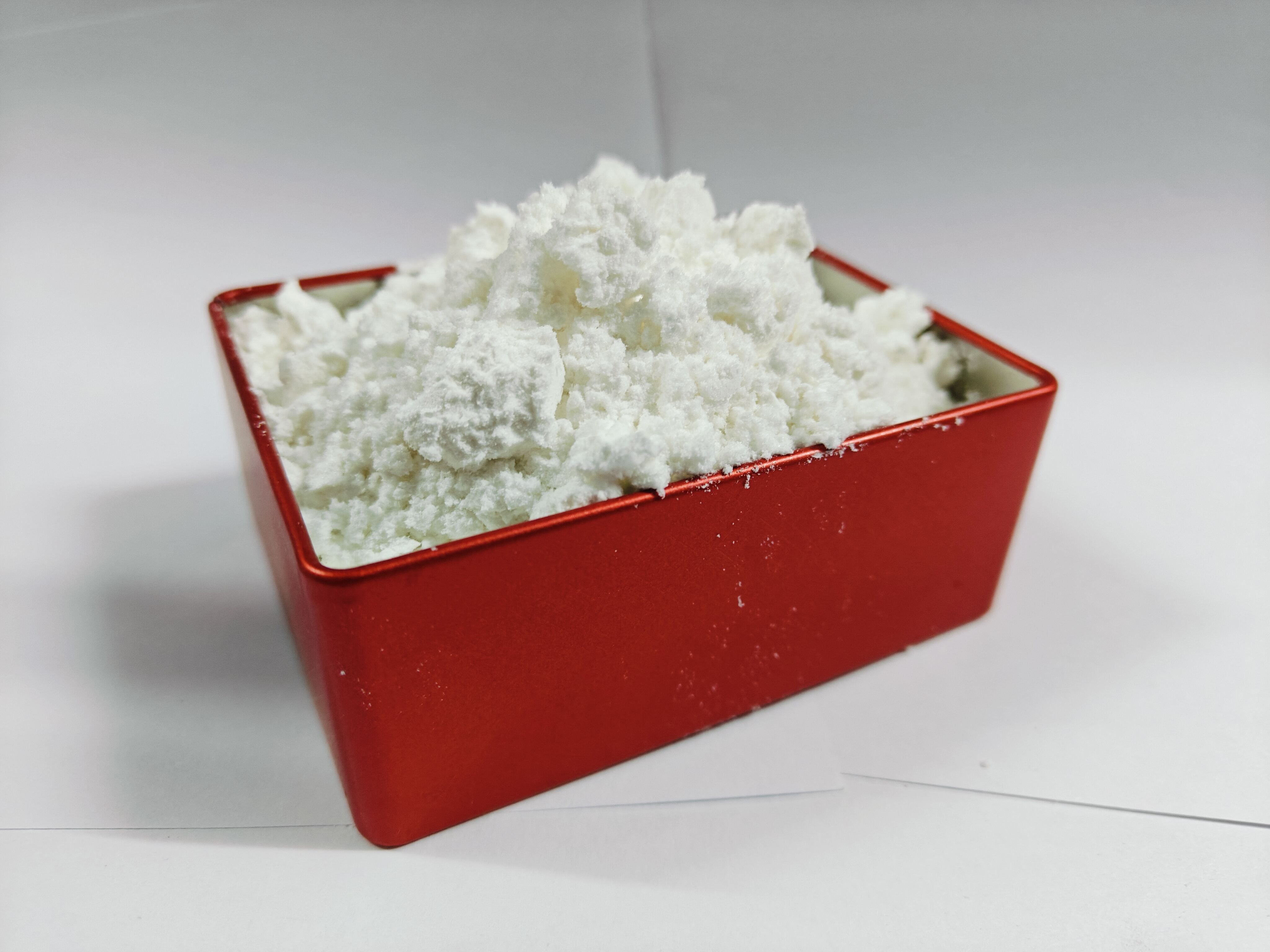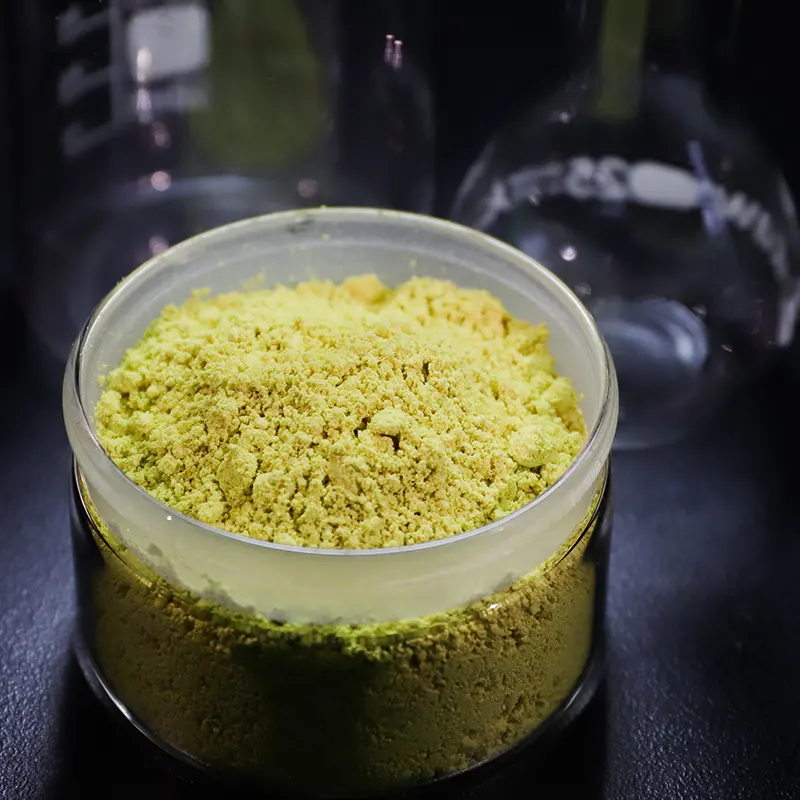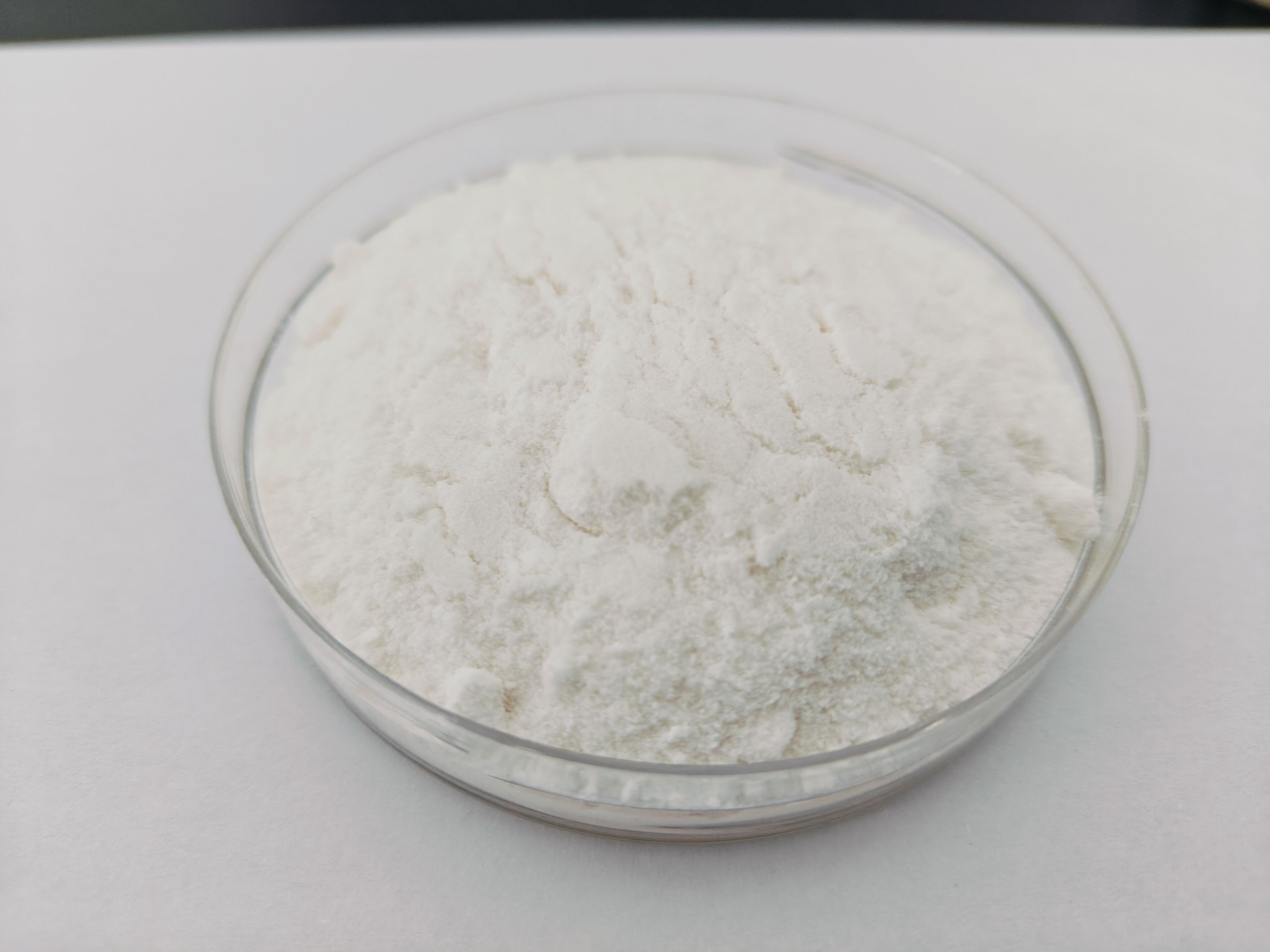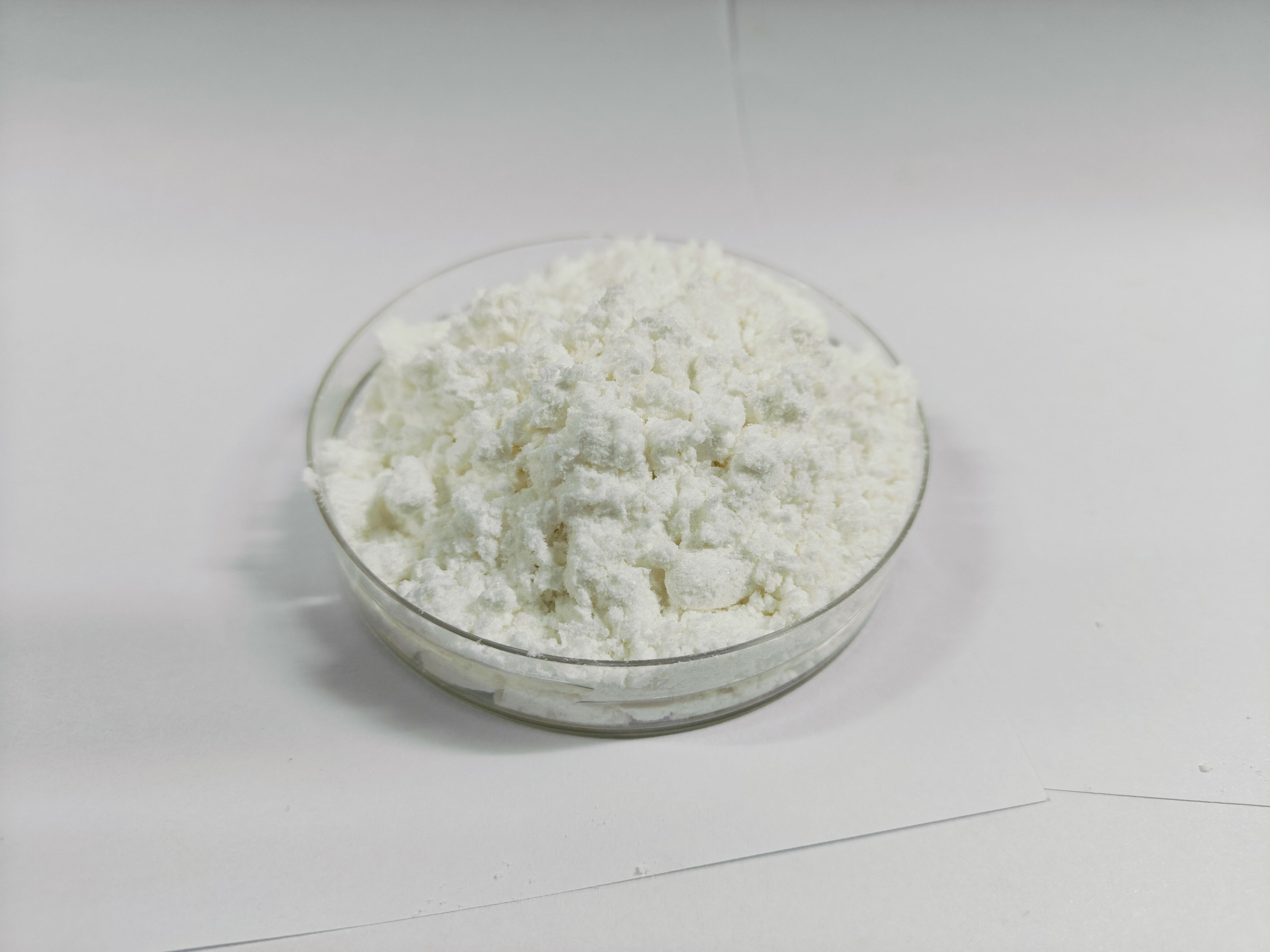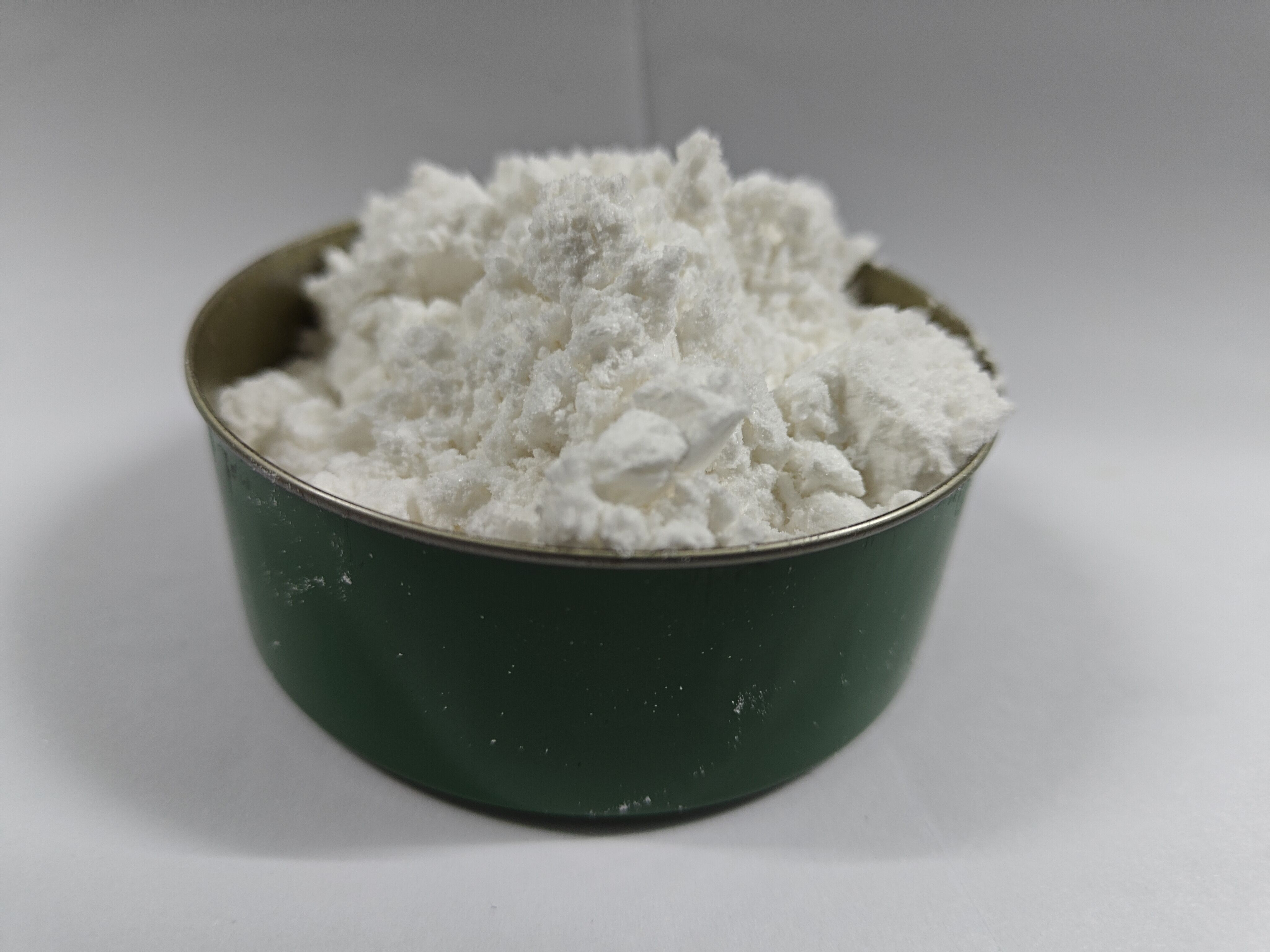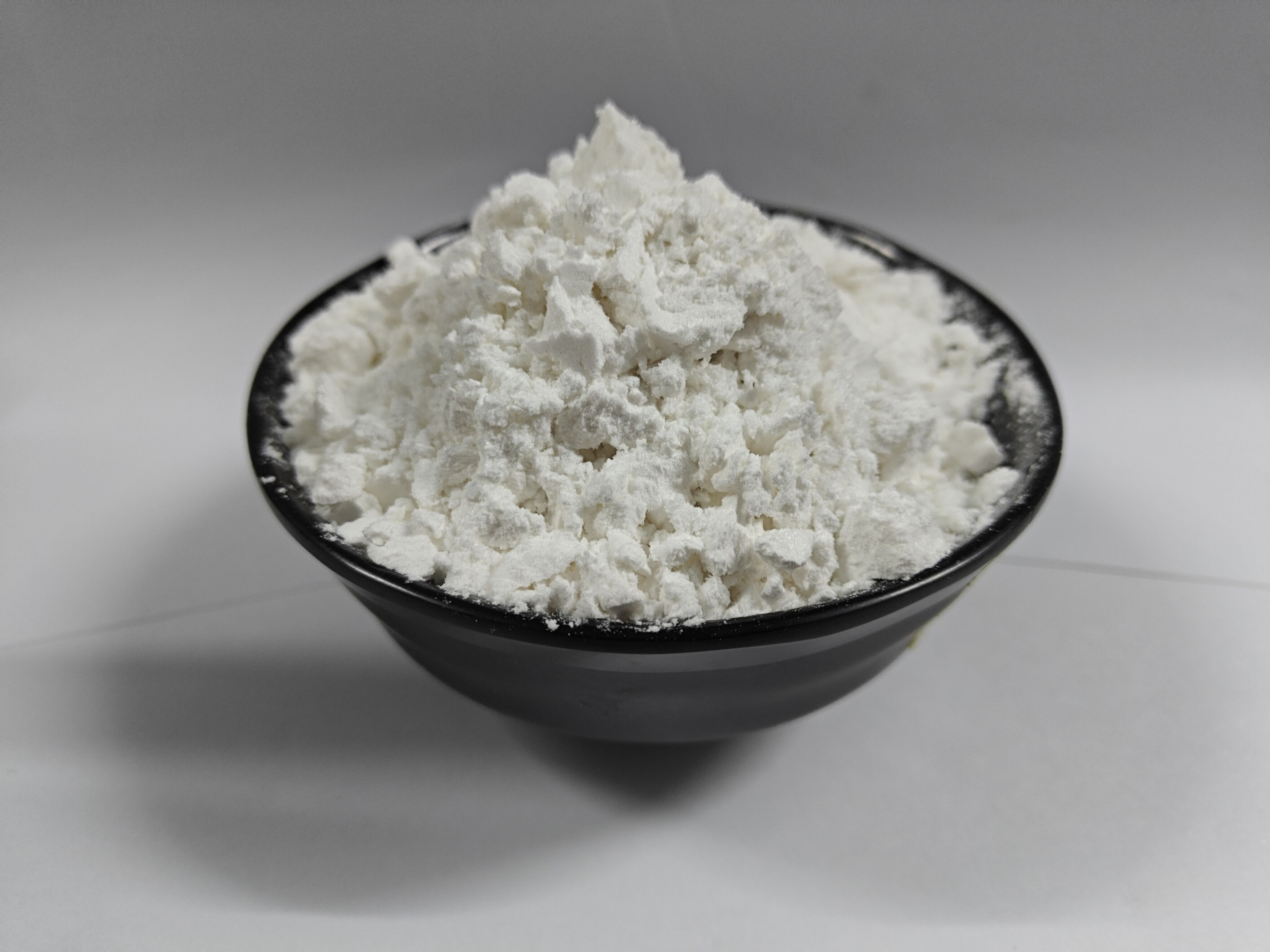carbonyldiimidazole cdi
Ang Carbonyldiimidazole (CDI) ay isang maaaring kumikita na kagawaran ng kimika na naglalaro ng mahalagang papel sa sintesis ng organiko at paggawa ng farmaseutikal. Ang makapangyarihang na kompound na ito ay naglilingkod bilang isang epektibong agente ng pagsasama-sama, nagpapadali ng pagsisimula ng mga amida, ester, at iba pang mahalagang mga bond ng kimika. Binubuo ng molecular structure ng CDI ang dalawang imidazole rings na nakakabit sa pamamagitan ng isang carbonyl group, na nagbibigay-daan sa kanyang kamangha-manghang reaktibidad at versatility sa iba't ibang mga transposisyon ng kimika. Sa mga setting ng laboratorio at industriya, pinahahalagahan lalo ang CDI para sa kanyang kakayahang aktibuhin ang mga carboxylic acid, porming ang mga reactive intermediates na madaling maki-react sa mga nucleophile upang porma ang bagong mga chemical bonds. Ang katangian na ito ang nagiging sanhi kung bakit ito ay isang di-maaalis na kasangkapan sa sintesis ng peptide, polymer chemistry, at pag-unlad ng mga farmaseutikal compound. Nag-operate ang reagent sa malambot na kondisyon, nagbubunga ng masinsinang mga byproduct, pangunahing imidazole at carbon dioxide, na madaling alisin mula sa mga reaction mixtures. Pati na, ipinapakita ng CDI ang kamangha-manghang estabilidad kapag maayos itong tinatago, gumagawa ito ng isang praktikal na pagpipilian para sa parehong pananaliksik at industriyal na aplikasyon. Ang kanyang papel sa modernong kimika ay umuunlad higit pa sa tradisyonal na mga aplikasyon ng sintesis, naghahanap ng gamit sa produksyon ng mga advanced materials, bioconjugates, at binago na mga protina.

